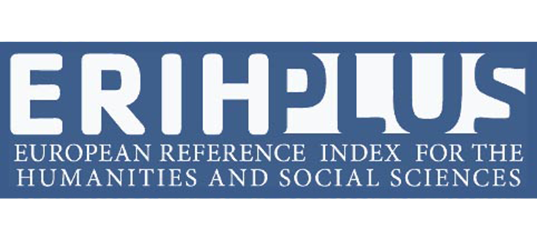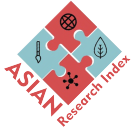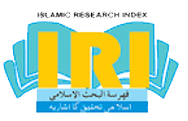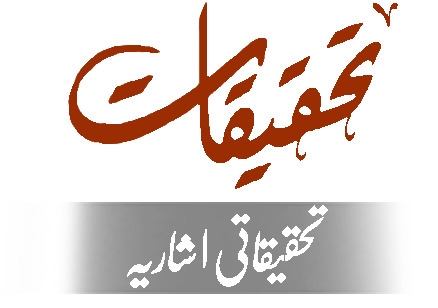The Provisions about the Veil in Islam and Christianity: A Comparative and Analytical Study
DOI:
https://doi.org/10.46600/almilal.v3i1.212Keywords:
Provisions, Ruling, Veil, Intolerance, Bible, islam, ChristianityAbstract
أحكام الحجاب فى الإسلام و المسيحية : دراسة تحليلة و مقارنة
This paper examines the provisions about the veil in the Bible and Islam comparatively and analytically. It is a general perception about Islam that it has invented veil in the eastern and western societies, which was not found in the world before the inception of Islam. However, this assumption is based on unawareness of historical facts, teachings of Torah, and Qur’anic injunctions. Furthermore, the criticism on the concept of the veil prevailed due to intolerance and Islamophobia. The Bible and pre-Islamic poetry evidently mentioned the veil frequently. From the period of the Prophet Abraham to the emergence of the Christianity, the nations were found to follow the veil strictly. The Biblical verses highlight the significance of veil during the periods/ eras of the Prophets and old nations. The present study sheds a detailed light on the provisions of the veil as highlighted in the Biblical text and Islamic perspective. Moreover, the study provides an analysis of the teachings of the Bible and the Qur’an on the veil, the ruling of the Bible and Qur’an about veil, and a critical review of the similarities, differences and distinctions on the veil ruling in the Bible and the Qur’an. The study employs a comparative and analytical research methodology to reflect on the provisions of the veil from the Biblical and Islamic perspective.














